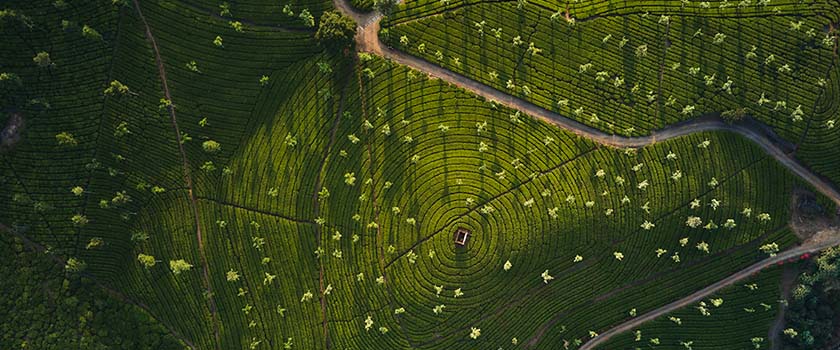This was one of the key messages shared during PwC’s 4th Sustainable Finance Conference, which took place on 6 November 2022 in Zurich. Attended by 125 professionals from banking, industry and academia, the event shed light on the latest developments in sustainable finance and impact investing.
Following a series of presentations and panel discussions on sustainable finance regulation, reporting challenges and impact investing processes, Grant Rudgley, Programme Manager at CISL, and Rupert Welchman, Head of DM Impact at UBP, wrapped up the event with an interactive discussion on nature-related investment risks.
Referencing CISL’s Handbook for Nature-related Financial Risks, they showed why nature loss is financially material, outlined what steps UBP is taking to protect and restore nature within its investment strategies, and offered practical insights into how financial institutions can begin assessing nature-related financial risks.
“No one knows all the answers and the investment universe for a strategy like Biodiversity is neither pure nor complete. However, by investing, collaborating, and engaging, investment managers can accelerate the pace of change at a time of acute need rather than waiting for regulation.”
Rupert Welchman, Head of DM Impact at UBP
In line with this pragmatic approach, the session added real value to the debate about nature-related financial risks by providing participants with hands-on insights into how nature can already start to be integrated into investment decisions.
The speakers referred to CISL’s recent publication “Integrating Nature: The case for action on nature-related financial risks” which contains several specific use cases that quantify and asses nature-related financial risks.
This includes a case study entitled “The impact of EU Farm to Fork strategy on market value of fertiliser companies”, which analyses how the transition to a sustainable and resilient food system impacts fertiliser company valuations, jointly conducted by UBP and Deutsche Bank.
Since February 2018, UBP has collaborated with the Cambridge Institute for Sustainability Leadership (CISL) as a partner of the exclusive Investment Leaders Group (ILG). The ILG is a global network of pension funds, insurers and asset managers, with over USD 12 trillion under management and advice, committed to advancing the practice of responsible investment. It is a voluntary initiative, driven by its members, facilitated by the CISL, and supported by academics at the University of Cambridge. The ILG´s vision is an investment chain in which economic, social and environmental sustainability are delivered as an outcome of the investment process as investors go about generating robust, long-term returns.








